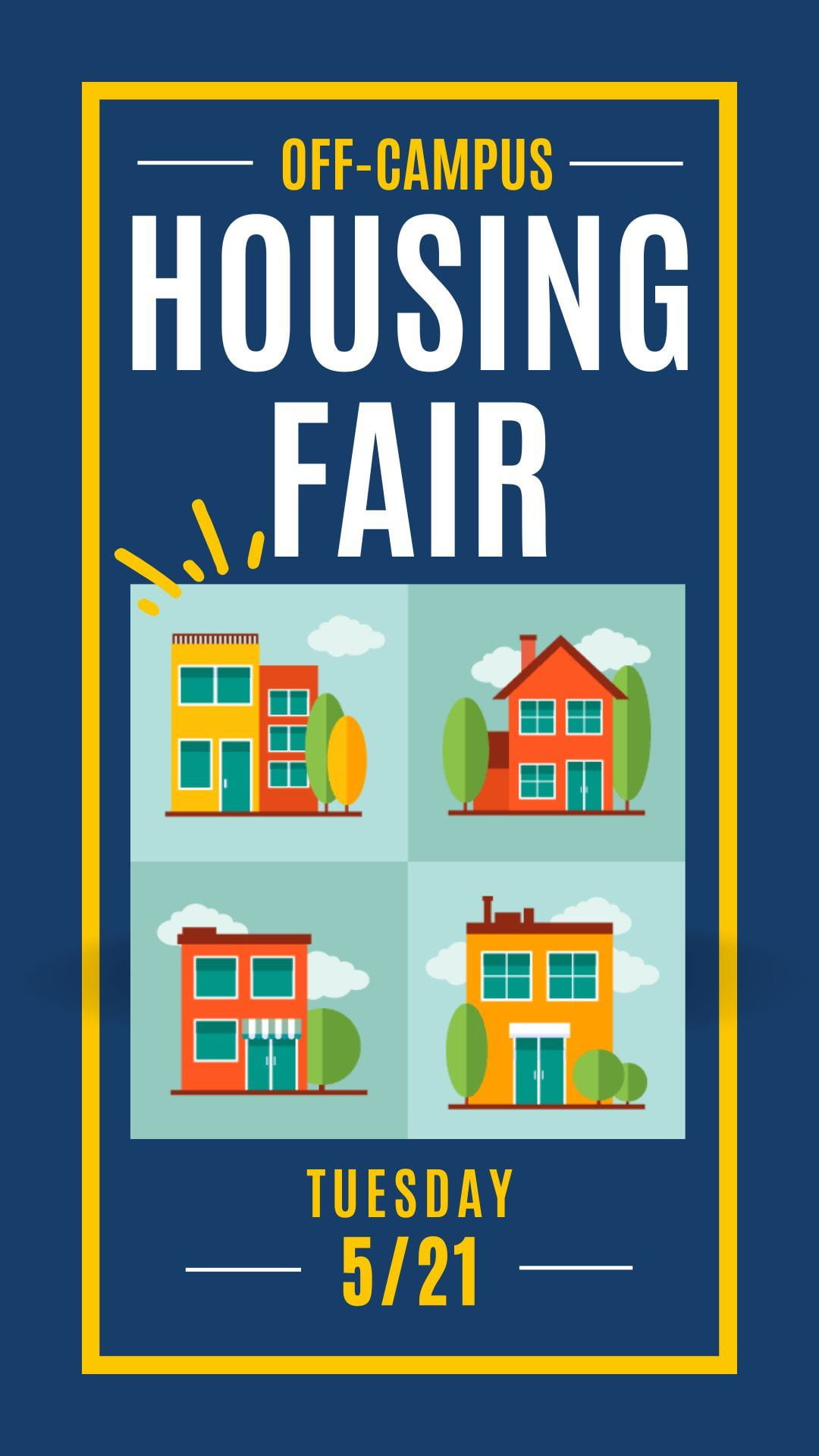Learn the steps needed for an effective rental search.
Take the free Renters Workshop created for UCSC students.
Search for rentals, student sublets, and roommates.

Off-campus housing resource fair
Tuesday, May 21
Stevenson Fireside Lounge, 9:30–11:30 a.m.
Learn about…
- Searching Places4Students for rentals
- The Renters Workshop
- Creating your Rental Application Packet
- What landlords look for from an applicant
- …and more!
More events coming soon: We’ll be hosting tabling events and Resource Fairs across campus throughout spring quarter. Stop by to ask questions and get info to help your search. We hope to see you there!
Community Rentals mission
Community Rentals equips students with the resources they need to make informed decisions about living off campus. Serving as a bridge between campus and community, we help connect knowledgeable prospective student renters with local property owners. In alignment with the UC Santa Cruz Principles of Community, we are committed to promoting and protecting an environment that values and supports every person in an atmosphere of civility, honesty, cooperation, professionalism and fairness.


Landlords: start here
Advertise your rental housing for FREE to UCSC students, staff, and faculty with Places4Students, UCSC’s rental listing service.
- Automated mapping shows your property’s distance from campus.
- Descriptive listings include photos, amenity icons, floor plans and more.
- User-friendly system to manage your listing 24/7.
Contact us
Zoom Virtual Front Desk: Monday–Friday, 1–4 p.m.
Drop in for a one-on-one virtual session with a Frontline Adviser.
How it works: 15-minute advising sessions are available on a first-come, first-served basis. You will be placed in a virtual waiting room until the Host invites you in. Please note that although the Zoom meeting may appear “open” after our Zoom Virtual Front Desk hours, we will only be able to advise you if you entered the waiting room before the posted cutoff time. There is a maximum capacity of 30 students.
Web Access: Join using this LINK
Meeting ID: 945 0638 8381
Passcode: 216989
-or-
Phone Access: Find your local number – https://ucsc.zoom.us/u/abeT8U1dLr
Meeting ID: 945 0638 8381
Passcode: 216989


